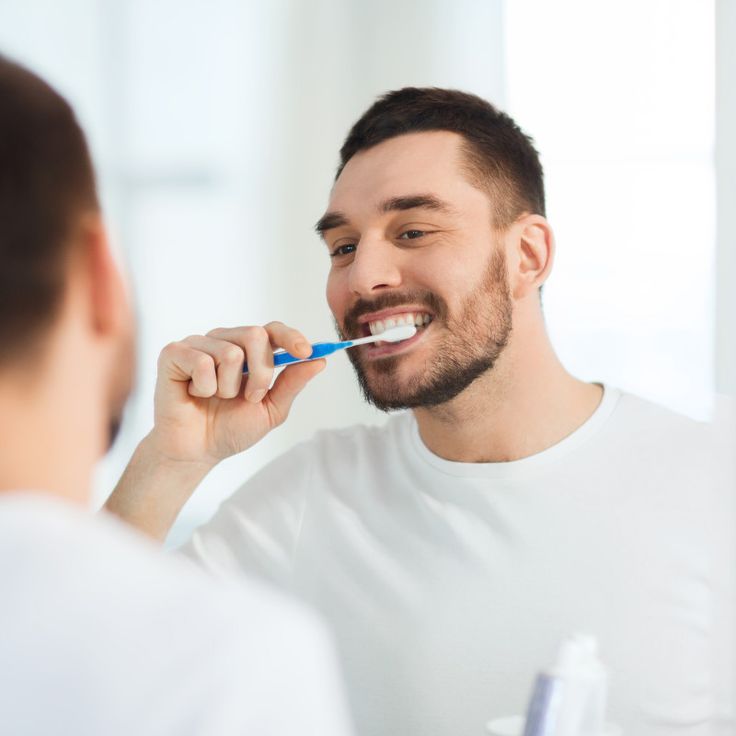Maintaining proper oral hygiene is crucial for overall health and well-being, yet it’s a facet of self-care that is often overlooked. In this comprehensive guide, we delve into the significance of oral hygiene and explore why regular brushing is essential for oral health. Additionally, we’ll discuss how often individuals should brush their teeth and provide tips for maintaining optimal oral hygiene practices.
- The Importance of Oral Hygiene:
- Overview of oral hygiene: The practice of keeping the mouth clean and free of disease.
- Link between oral health and systemic health: Oral hygiene impacts cardiovascular health, respiratory health, and more.
- Prevention of dental issues: Regular brushing helps prevent cavities, gum disease, and other oral conditions.
- Psychological and social benefits: Improved self-confidence and overall well-being.
- How Often Should You Brush Your Teeth?
- Dentists’ recommendations: The American Dental Association (ADA) suggests brushing twice a day.
- Frequency after meals: Brushing after meals helps remove food particles and plaque buildup.
- Morning routine: Importance of brushing upon waking to eliminate bacteria accumulated overnight.
- Evening routine: Brushing before bedtime removes debris and bacteria, preventing overnight plaque formation.
- Proper Brushing Techniques:
- Choosing the right toothbrush: Soft-bristled brushes are gentle on gums and enamel.
- Correct brushing motion: Circular or back-and-forth motions to clean all tooth surfaces.
- Duration of brushing: Aim for two minutes each session to ensure thorough cleaning.
- Angle of brush placement: Angle bristles at a 45-degree angle towards the gum line for optimal plaque removal.
- Beyond Brushing: Supplementary Oral Hygiene Practices:
- Flossing: Removes plaque and food particles from between teeth and along the gum line.
- Mouthwash: Helps rinse away bacteria and freshen breath, but not a substitute for brushing.
- Tongue cleaning: Removes bacteria and debris from the tongue’s surface to prevent bad breath.
- Dental visits: Regular check-ups and cleanings are essential for professional assessment and treatment.
- Common Oral Hygiene Mistakes to Avoid:
- Brushing too hard: Aggressive brushing can damage enamel and irritate gums.
- Neglecting other oral care practices: Flossing and tongue cleaning are integral components of oral hygiene.
- Using an old toothbrush: Replace brushes every three to four months or sooner if bristles appear worn.
- Skipping dental appointments: Routine visits to the dentist are vital for early detection of oral issues.
Oral hygiene is a cornerstone of overall health, and regular brushing plays a pivotal role in maintaining oral wellness. By adhering to proper brushing techniques, incorporating supplementary oral hygiene practices, and attending regular dental check-ups, individuals can safeguard their smiles and enhance their quality of life. Remember, oral health is an investment in long-term well-being, and prioritizing oral hygiene today can yield benefits for years to come.
